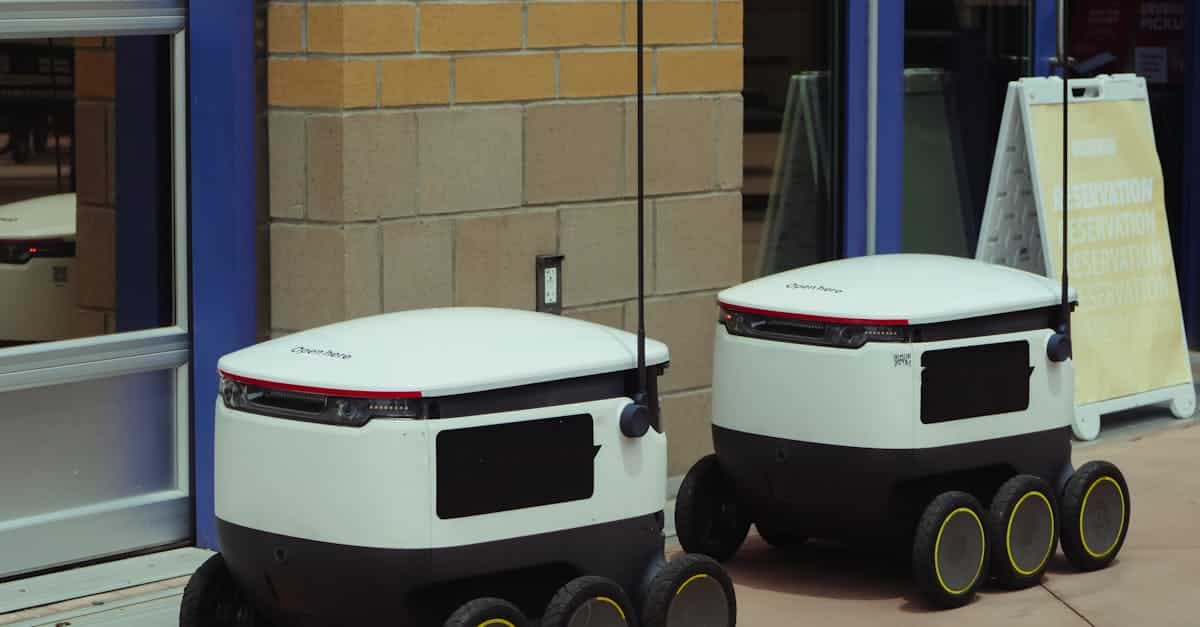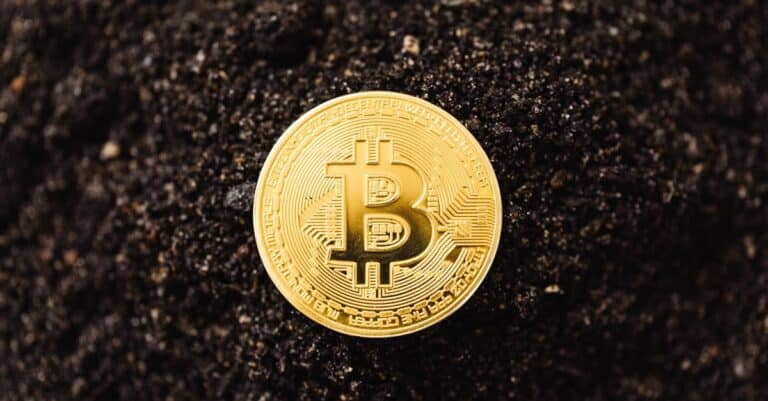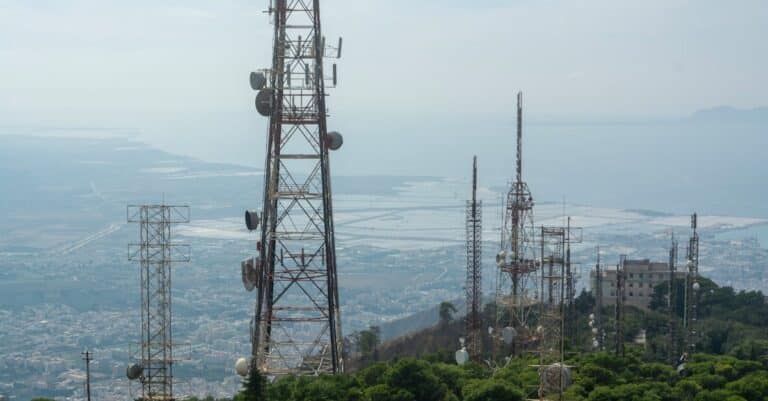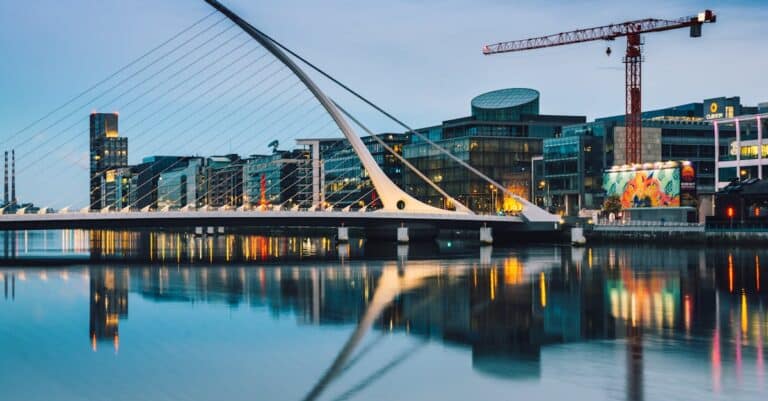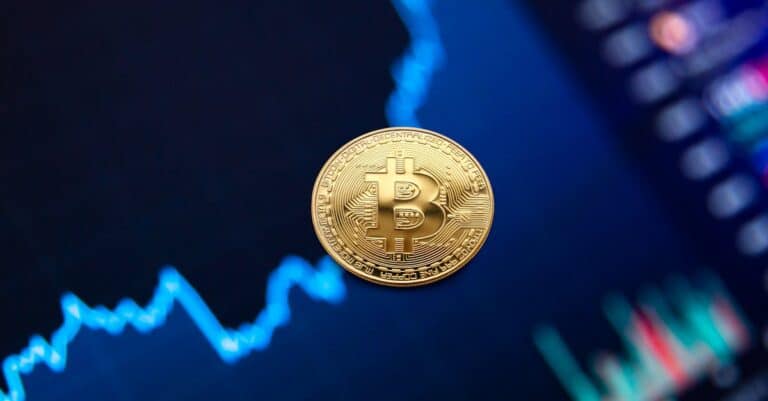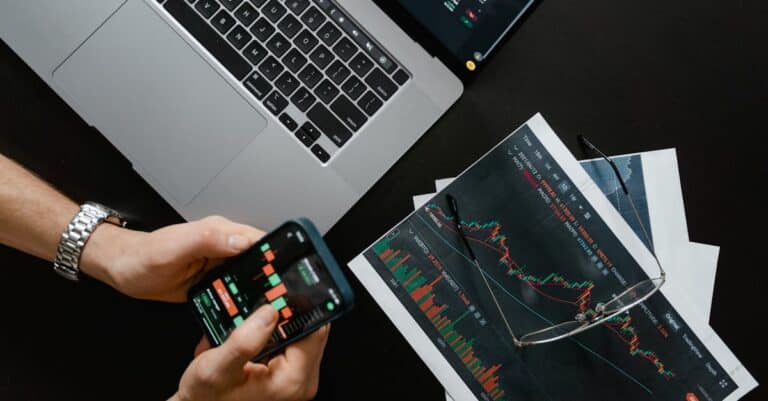Are Decentralized Autonomous Organizations the Future of Governance?
“Strap in folks, we’re about to surf on the tsunami wave of future governance! Hang ten on the concept that’s giving traditional governance a run for its money – Decentralized Autonomous Organizations, or as the cool kids say, DAOs. In this thrilling joyride, we dive headfirst into the world where blockchains reign supreme and bureaucracy is as outdated as dial-up internet. Are DAOs the new sheriffs in town? Read on and find out!”
Exploring the concept and potential of Decentralized Autonomous Organizations
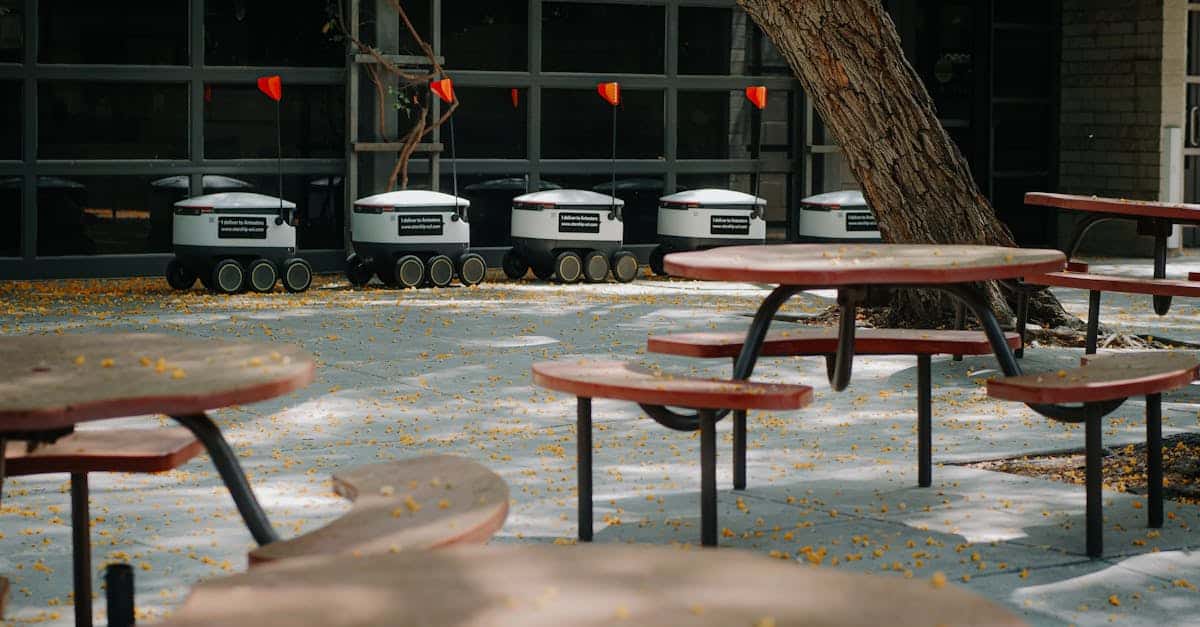
Understanding Decentralized Autonomous Organizations (DAOs)
Picture this: Organizations without the hierarchical pyramid, run by smart contracts, and fully transparent. No, it’s not science fiction, but a reality called decentralized autonomous organizations (DAOs). These digital entities are reshaping the future of governance by relying solely on blockchain technology.
In a DAO, decision-making processes are democratized. Everyone who holds a token, akin to shares, can vote on various proposals. This transformative technology is decentralizing power and could potentially change how we think about organizations.
But what might this mean for you? Let’s say you’re an investor like our tech-savvy friend, giving you an active voice and voting rights in the business ventures you invest in. Sounds empowering, right?
The Nuts and Bolts of DAOs
Consider this your backstage pass to the world of DAOs. At the heart of DAOs lies the power of blockchain technology. How does it work? Simple. Instead of trust being vested in an individual or group, it’s distributed across a network.
A huge part of this trust lies in the automated execution of smart contracts. Imagine you’re participating in a crypto gaming experience. The reward system would be governed by the blockchain, ensuring fair rules and timely payouts.
Moreover, [AI in blockchain](https://appinventiv.com/blog/ai-in-blockchain) is further amplifying the capabilities of DAOs.
Identifying the Potential of DAOs
The potential impact of DAOs is vast and crosses various sectors, from finance to gaming. Remember the all-inclusive part about voting rights? Now imagine a world where potentially everyone could vote on their preferred interest rates or decide upon the next game development in a gaming platform.
Moreover, DAOs promise to improve cross-border transactions. Our globe-trotting crypto geek friend could participate in business ventures internationally with the same level of assurance and efficiency she experiences at home.
A Glimpse into the Future
So just what does this brave new world look like? Thanks to DAOs, it promises to be more empowering and economically inclusive than ever before. In fact, DAOs could arguably initiate an [institutional revolution](https://www.financialsense.com/blog/20865/how-ai-led-daos-will-cause-institutional-revolution) as we know it.
The Flip Sides of DAOs
Whilst DAOs sound promising, they are not without challenges. The absence of regulations implies a looming danger of potential fraud or misuse. Yet, with a phenomenal concept that is continually evolving through technological and regulatory advancements, the potential for DAOs cannot be overstated.
As we move forward with this radical shift in decentralized governance, it is essential to stay informed about its advancements and implications. The future of DAOs is still being written, and it undoubtedly promises to be a game-changer in how we perceive governance and corporate structures. Who knows, our tech-savvy friend might one day be a decision-maker in a global gaming enterprise!
Evaluating the impact of Decentralized Autonomous Organizations on future governance structures
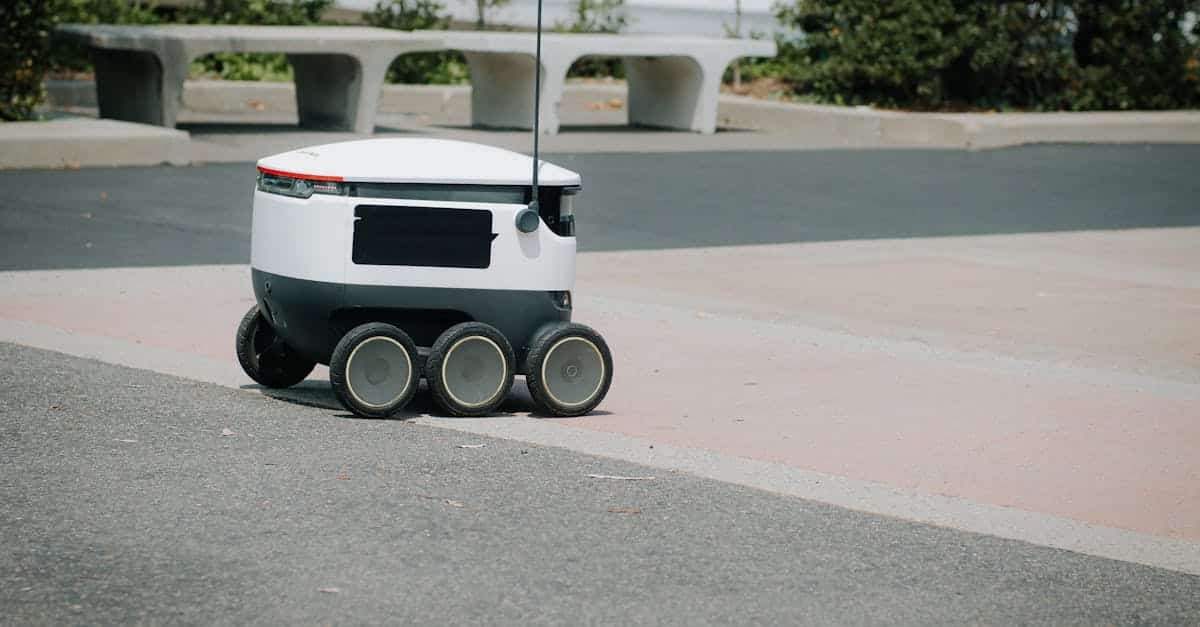
A Bold New Era: DAOs and Decentralized Governance
Roll up your pant legs, tech enthusiasts and digital investors! We are paddling into uncharted waters where phrases like traditional governance models and centralized structures are starting to lose their mojo. Why? Two words: Decentralized Autonomous Organizations, or as us blockchain connoisseurs like to call them, DAOs.
If styrofoam-like terms such as “smart contracts”, “blockchain”, and “err… DAOs??” don’t ring a bell yet, worry not! Sit tight and gird up your loins for a splendid voyage as we decode the potentially transformative impact of DAOs on future governance.
The ABCs of DAOs and How They Work
Having you scratching your head and wondering, “DAOs? Aren’t those those cute little ducks?” No, my friend, it’s not about birds. A DAO is like the future, but here and now. It’s a modern form of peer-to-peer collaboration, managed entirely by coded rules and consent mechanisms on a blockchain network.
In a DAO, a group of like-minded individuals with a shared mission and vision can create proposals, vote on decisions, and collectively manage resources. Each participant in the DAO has voting rights proportional to the number of governance tokens they hold. It’s akin to trading your office suit for your cozy home clothes while still getting to do meaningful work.
Rethinking Governance in the DAO’s Light
Alright, we get it. DAOs are fancy and impressive, but what about their impact on governance structures? Well, let us pull back the curtains. Centralized governance puts decision-making most often in the hands of a selected few, creating a power pyramid. On the flip side, DAOs offer a more balanced, democratic, and decentralized form of governance.
Imagine being at a town meeting where everyone gets to have a say, not just the mayor. It means you have real influence and participation in decision-making processes, resulting in a more communal and fair governance model. Case in point, through this decentralized form of governance, the power no longer belongs merely to the boardroom bureaucracy but the collective.
Answering the ‘Why Should I Care?’ Question
So you might ask, “Why should I swap my classic governance structures for DAOs? Isn’t it like trading my old comfy jeans for a snazzy yet uncomfortable tuxedo?” Not really. Switching to DAOs has benefits galore. It facilitates transparent decision-making processes, promotes collective ownership and accountability, and reduces bureaucracy, to name just a few.
Moreover, DAOs are not just limited to the financial sector. They are reshaping various industries—from fashion to the future of work. Yes, you read it right! DAOs are like a magic bean that could even transform how we organize ourselves in the post-COVID world
A Glimpse into the Future – DAOs as the New Normal
Fasten your seatbelt as we travel to the future. Picture this: as DAOs gain greater acceptance and usage, more and more organizations are chucking their old governance systems for DAOs. They now operate based on consensus, collective decision-making, and transparency, setting the stage for a future where DAOs might become a staple in every industry’s governance.
Sure, the world of DAOs might seem as bewildering as a sci-fi movie plot. But remember, my friends, once upon a time, so did flying cars and hamburgers that grow in a lab. As Timothy Leary said, “In the information age, you don’t teach philosophy as they did after feudalism. You perform it. If Aristotle were alive today, he’d have a talk show.”
So, whether you’re planning to dip your toes or dive head-first into the DAO universe, remember: we’re not just shaping technology, but the ways we associate, decide, and govern as well. Welcome to the future, where decentralized governance is not just an option, but the new way of life. Enjoy your stay!

